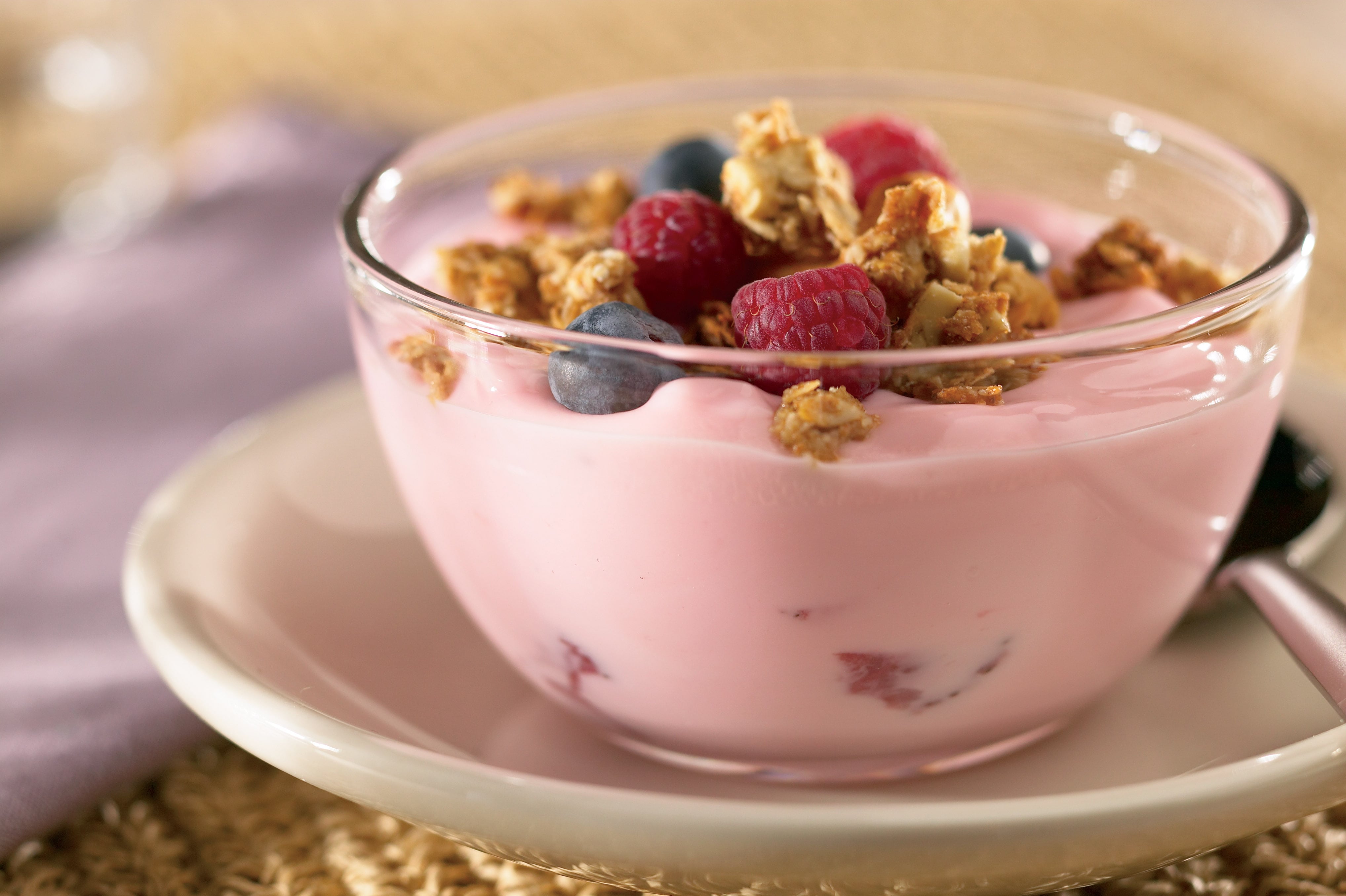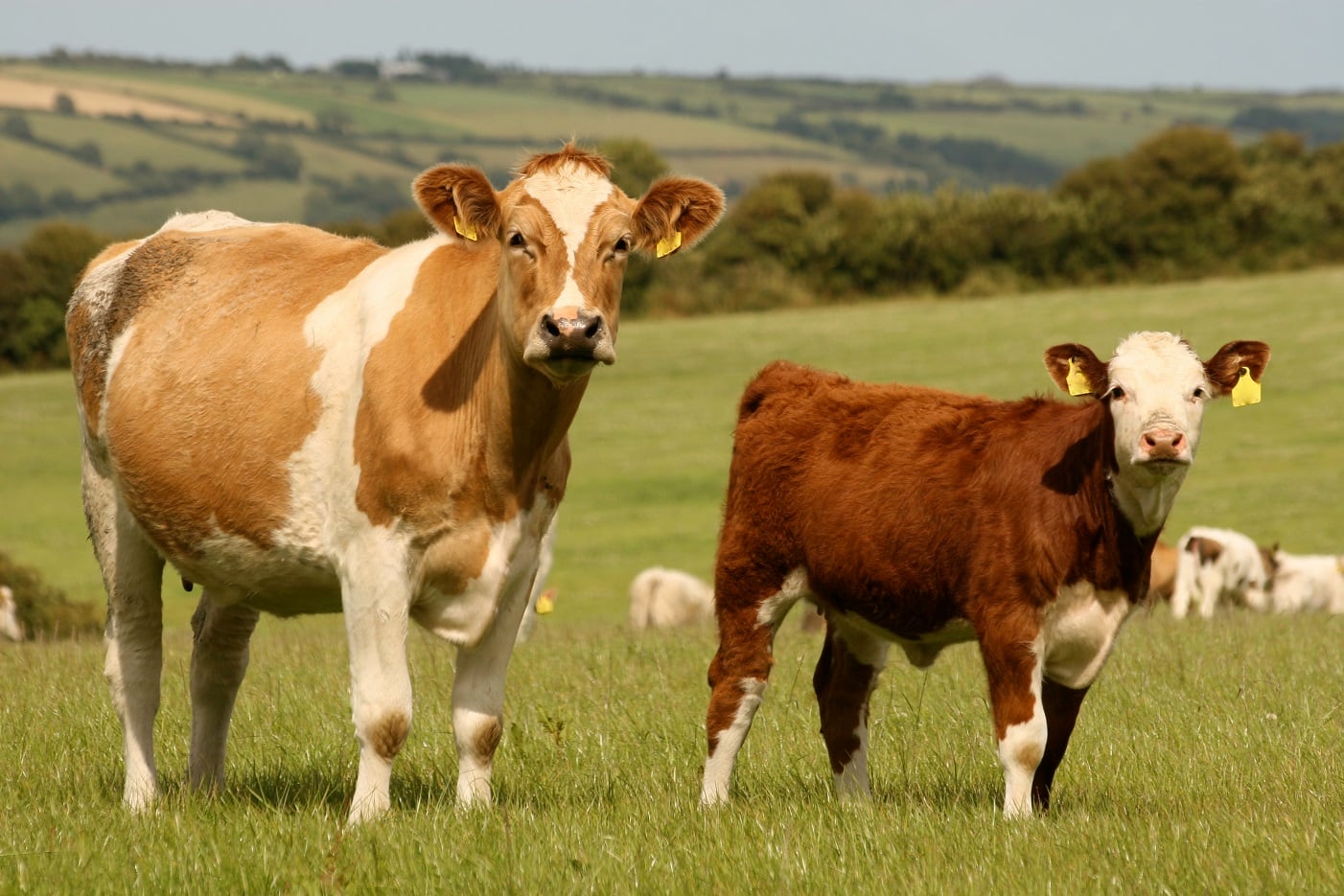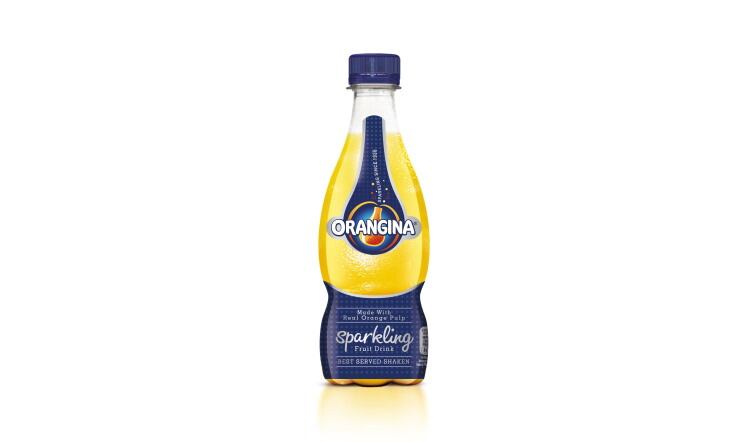In this exclusive podcast, EnginZyme chief executive Karim Engelmark Cassimjee and Tetra Pak processing development director Micael Simonsson spoke with Food Manufacture about the applications of enzymes in the food and drink space and their potential future usage.
While enzymes are regularly used by the dairy industry in the production of lactose-free milk, yoghurt and cheese, there aren’t any processing solutions on the market that allow enzymes to be used efficiently and in a controlled way to upcycle food waste or by-products from production.
Recover and reuse
Through its partnership with Tetra Pak, EnginZyme is investigating how enzymes could be stabilised and engineered to better serve the food industry, with particular focus on ways to recover and reuse any by-products or improve the quality of a range of products such as dairy and protein vegan replacement, prebiotic dairy products and natural sweetener enhanced fruit juices.
“There are so many applications that we see can benefit [from then technology], but we really want to see that this application works and when it works, then we start to expand,” explained Simonsson.
Trials are already underway to turn acid whey, a biproduct of the yogurt production process, into an added value ingredient such as fibre. Tetra Pak and EnginZyme declined to discuss any future projects they were working on together.
“You start with acid whey, which is a problem – what do you do with it – and we have now found something to do with it,” said Cassimjee. “When that is proven, we will see what the hurdles are, what the benefits are and the opportunities.
Better, cheaper food
“In the long run, how are we going to create better, cheaper, natural, organic food? What are we going to do with dairies to drive the process further and what would the modern dairy market look like? I believe that enzymes have a given place in that system.”
According to EnginZyme, its technology has been demonstrated to work with all enzyme types, broadening its application across the food and drink industry.
EnginZyme’s technology can fix enzymes onto a solid support and design them for a specific functionality. The immobilisation process – which is a proprietary patent protected method, granted in 23 countries to date – means that the enzyme is transformed into a solid heterogeneous material which is easier to handle.
This opens up opportunities for novel applications across the food and beverage space, including improved vegan alternatives, according to Tetra Pak.





